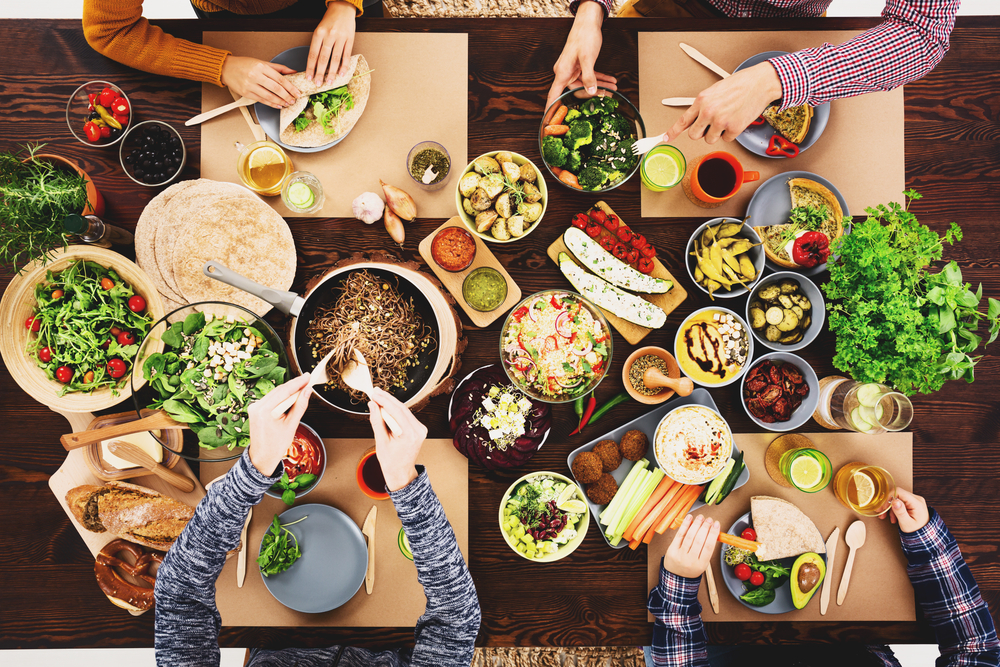Most of us are born with two kidneys, the bean-shaped organs that filter and process waste products in our bodies. New research suggests that eating a healthy plant-based diet may reduce the risk of kidney disease, but high-sugar, vegetarian junk food may raise that same risk.
Scientists reviewed data about the dietary habits and kidney function of over 14,650 middle-aged adults, monitoring half of them for approximately 24 years. In the end, over 4,300 participants developed chronic kidney disease. Individuals that closely followed a healthy plant-based eating pattern were 14% less likely to develop kidney damage compared to others who didn’t consume these foods as often, according to the study.
Participants that ate the highest amount of “junk” vegetarian foods had an 11% increased risk for developing kidney disease than those who consumed the smallest amount of these foods.
To protect kidney function, Casey Rebholz of the Johns Hopkins Bloomberg School of Public Health in Baltimore advises increased intakes of fruits, vegetables and other healthy plant-based foods and reduced consumption of sugary plant-based foods and animal foods.
When the intake of less healthy plant-based foods and animal foods were held constant, healthy plant foods were linked with a lower risk of kidney disease and slower drop in kidney function.
Eating patterns featuring foods including whole grains, a variety of fruits, dark leafy vegetables, sweet potatoes, broccoli, nuts and natural peanut butter make up a healthy plant-based diet. Lentils, legumes and beans are also beneficial.
Subjects in the study with the healthiest plant-based diets ate an average of 9 to 10 servings of healthy plant foods per day and were more likely to be Caucasian, older, female, high school graduates that exercised regularly. An unhealthy vegetarian diet may limit meat, but include increased amounts of potatoes, juice over fruit, sugary drinks like soda, cake, candy and chocolate, and more detrimental effects.Subjects with the least healthy plant-based diets ate an average of 7 servings daily of these foods and were often younger, sedentary men that consumed more alcohol.
The link between plant-based diets and chronic kidney damage was more pronounced in subjects with normal weight at the beginning of the study according to the study published in the Clinical Journal of the American Society of Nephrology.
The study was based on dietary recall and was not a controlled experiment designed to show that certain ea&ng habits directly correlated to kidney damage. This can lead to measurement errors as the researchers did not have a full picture of long-term eating patterns.
Even so, Dr. Michal Melamed of Albert Einstein College of Medicine and Motefiore Medial Center in Bronx, New York notes that having more fruits and vegetables in your diet improves the kidney’s ability to rid the body of toxins. In addition, fruits and vegetables are less acidic, which reduces the demand on the kidneys compared to meat, which is more acidic.
Melamed also noted that “It could also be that the people who eat more fruits and vegetables also do other things, such as exercise more, get more sleep, or in general have a healthier lifestyle and that is the reason why this association is seen.” In addition, she notes that several studies show that a diet high in processed meat and red meat does not support good health, not only for the kidneys, but the heart as well.
How can you protect your vital kidneys?
Here are a few ideas:
- Choose a plant-based diet and include 3-4 servings of whole fruit and 5-7 servings of vegetables daily.
- Eat red meat and processed meat as little as possible.
- Include plant-based protein sources such as legumes, lentils, nuts, seeds and soy-based products like tofu.
- Cut back on sugary soft drinks, desserts and candy
- Control hypertension (HTN or high blood pressure) through diet and/or medication (per your physician) as needed
- Drink water to stay hydrated
- Stay physically active
By Lisa Andrews, MEd, RD, LD
Copyright foodandhealth.com, reprinted with permission.

